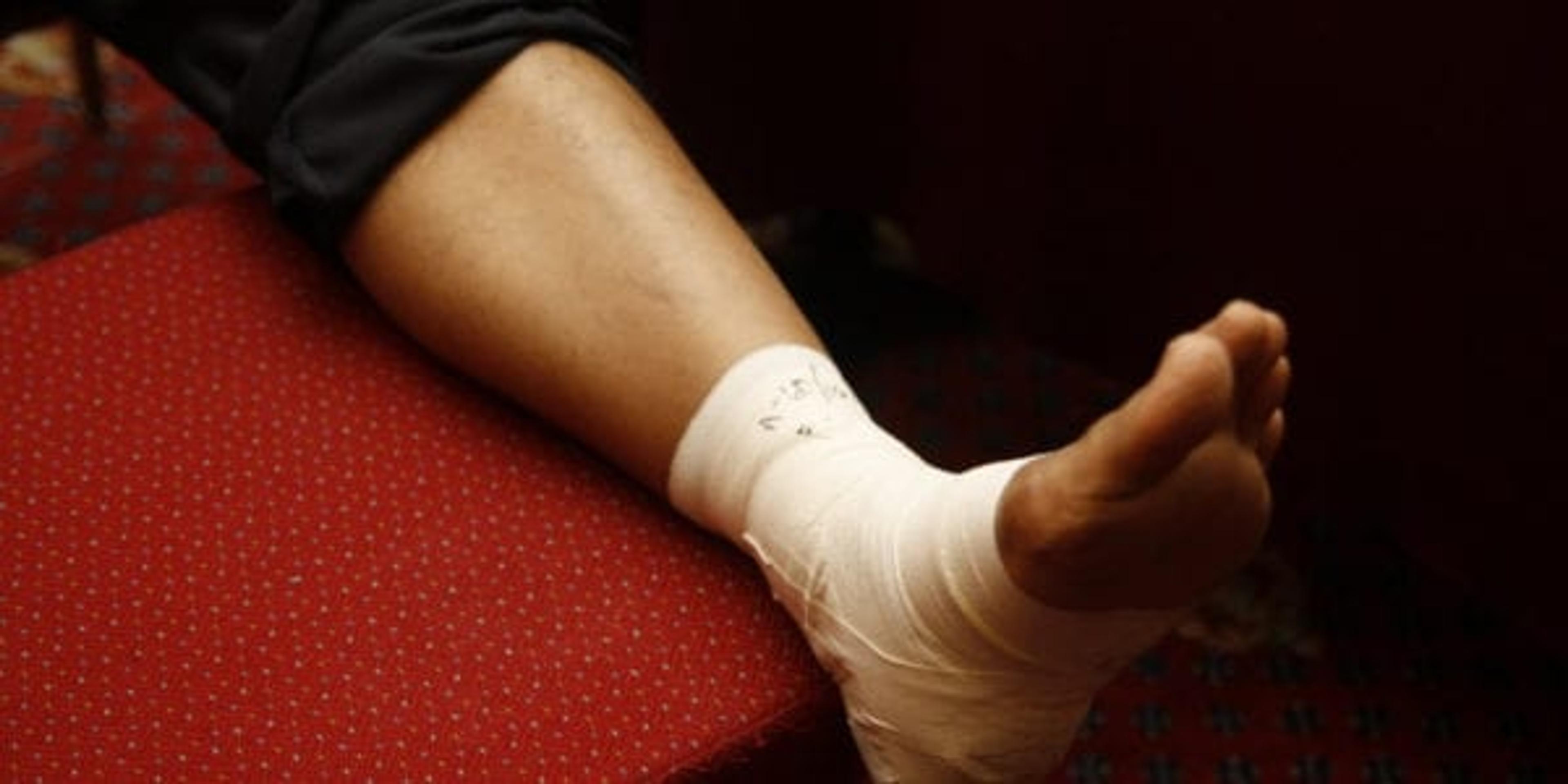Helping Kids Cope With a Sports-Related Injury

Mekhi Stribling
| 2 min read

Participating in sports gives kids of all ages a chance to interact with their peers, build physical strength and agility, and develop skills related to teamwork and leadership.
However, with all the good that sports participation can provide, parents and caretakers also have to consider the possibility of sports-related injuries. In fact, children 14 years old and younger account for nearly 40 percent of all injuries related to sports treated in hospitals.
Some injuries can lead to long recovery times and sometimes can unfortunately end a season. Recovery time is the most important factor when it comes to getting your student athlete back on the court or field. Rest and recovery allows your body to heal properly without any interruptions. When resting, your child can still remain active and build other parts of their body to continue to get stronger. Injuries allow them to gain new skills and new ways to remain active. Rest and recovery not only helps with physical rehabilitation, but mental healing as well.
Having something taken away from you that you love to do can cause frustration and sadness. Whether it’s a small ankle sprain which needs a few weeks to heal or a broken arm which needs months to heal, the feeling of being away from a team is hard. The sport or activity they participate in becomes part of their identity and a positive gateway for them to deal with stress. There are many emotions that plague athletes after being injured such as anger, confusion, depression, mood swings and isolation.
Here are a few tips to help you support your student athlete when they experience any of these emotions as a result of being injured.
- Talk to your child about his/her feelings about the injury. Have them think about recovery and how they are going to come back stronger.
- Consider having your child talk to someone who has been injured before and how they dealt with that injury.
- Let them know that it’s still okay to support their teammates, go to practices, and continue to be a leader.
- Encourage them to acquire a new hobby to take their mind off of being injured, such as trying to play an instrument.
“Athletes can use the time off … to practice skills of relaxation, imagery, goal-setting, helpful self-talk, focus and team building,” said Jennifer E. Carter, Ph.D., in this HuffPost article.
You might also like …
Photo Credit: durrah03





